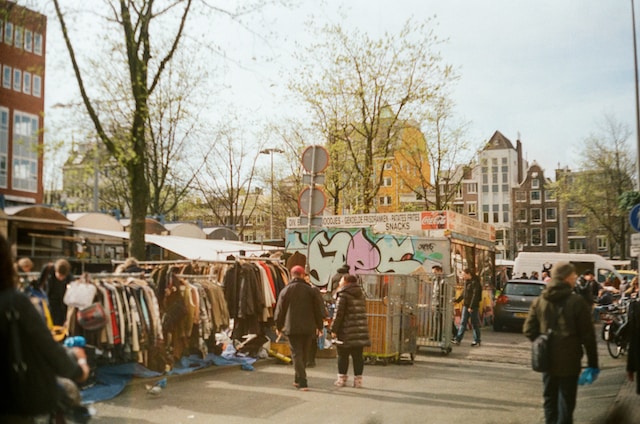Is it Legal to Sell Replica Products in Toronto?
In the city of Toronto, as well as the rest of Canada, selling replica products is considered illegal. This is because these products infringe on intellectual property rights. Brands like Rolex and Gucci spend significant amounts of money on design, research, and marketing, and replica products use these designs without permission or proper compensation. Furthermore, the quality of replica products is often substandard, which can deceive consumers and harm the reputation of the original brands.
What are the Penalties for Selling Counterfeit Goods in Toronto?
There are severe penalties in Toronto for those who sell counterfeit goods. This is part of Canada’s commitment to protecting intellectual property rights and maintaining a fair market environment. The penalties can include fines, imprisonment, and seizure of the counterfeit goods.
| Type of Penalty | Amount/Duration |
|---|---|
| Fine | Up to $1,000,000 or up to five times the profits from the counterfeit sales |
| Imprisonment | Up to five years |
| Seizure of goods | All counterfeit goods can be seized and destroyed |
How Does Toronto Regulate the Sale of Replica Goods?
Toronto regulates the sale of replica goods through various means. The city’s law enforcement agencies work closely with the Canada Border Services Agency (CBSA) to detect and seize counterfeit goods at the border. Additionally, the Royal Canadian Mounted Police (RCMP) conducts investigations into suspected counterfeit goods sellers.
What are the Popular Replica Watch Brands in Toronto?
Despite the legal risks, some counterfeit watch brands are popular in Toronto. These include replicas of high-end brands like Rolex and Patek Philippe. However, it’s important to note that purchasing and selling these counterfeit watches is illegal and can result in severe penalties.
Are There Specific Markets in Toronto Known for Selling Counterfeit Goods?
While law enforcement efforts have made it harder for counterfeit goods to be sold openly, some markets in Toronto have been known for selling such goods. These include some flea markets and online platforms. However, these sellers operate at a high risk and consumers are advised to avoid purchasing counterfeit goods due to their illegal nature and typically low quality.
What are the Government Laws and Links Related to Counterfeit Goods in Toronto?
The Canadian government has a number of laws related to counterfeit goods. The Copyright Act and the Trade-marks Act are the two primary pieces of legislation that deal with intellectual property rights and the sale of counterfeit goods.
For more information on the laws and regulations surrounding counterfeit goods in Toronto, you can visit the official websites of the Royal Canadian Mounted Police and the Canada Border Services Agency.
While it's clear that all the legal repercussions are on the seller, the buyer should make sure to find a trusted dealer, since there is a lot of scam in the replica industry. If you are in the market for Replica Rolex watches, make sure you choose a trusted and reputable vendor.
